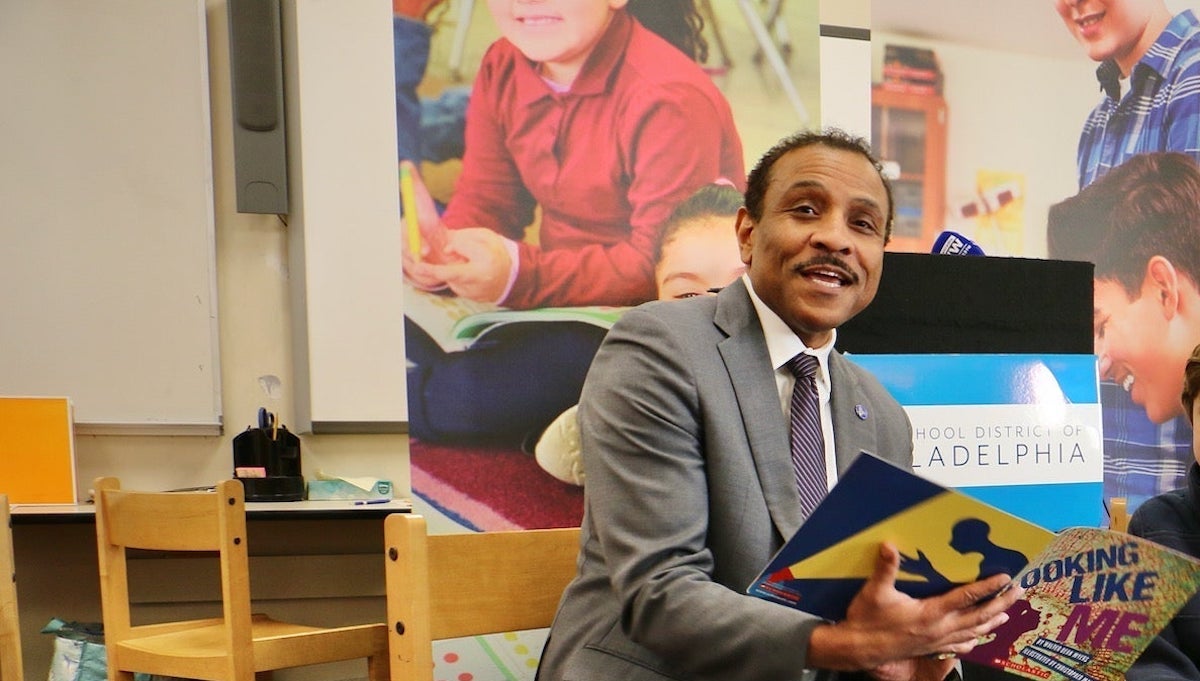1. Will more schools become year-round schools?
It may have seemed like just an idea last year when Superintendent Watlington floated the idea of opening the district’s schools year-round. Then-mayoral candidate Cherelle Parker weighed in, outlining during her campaign the benefits the concept would provide both students and the community. Now, year-round schools are a reality. In June, Watlington joined Mayor Parker in announcing that the school district would test 25 schools, but said they wouldn’t be called year-round schools per se.
The district and mayor describe the program as an “extended day and year program,” which may have caused confusion among some parents.
“Whatever you call it, extended day/extended year, what we’re trying to do in these 20 district-run pilots in schools, as well as five charter pilots, is we’re trying to provide care and enrichment learning opportunities for our students from 7 a.m. to 6:30 p.m.,” Watlington said.
The pilot is for students in grades K-8 and will begin this fall. There will be no changes to the academic calendar and it is not mandatory. Parents will have the option to have their children start school earlier, stay later, and continue during winter, spring, fall, and possibly summer breaks.
The district will offer optional “specialized remedial activities” and promises it won’t be the usual classroom instruction. Watlington said they need to get teachers, unions and others on board before they can promise the program will be made permanent or expanded to other schools.
“We are not making any changes to the teacher or principal contract this year. We will be working on that this year in partnership with the PFT (Philadelphia Federation of Teachers) and CASA (Court Appointed Special Advocates) union leaders and other union leaders. More information to come,” Watlington said.
He also said it’s a chance to provide additional safe spaces for children before and after school and keep them off the streets. “Kids who are in school with caring adults are safer. They have the opportunity to stay out of conflict and trouble. They have the opportunity to learn more, both inside and outside the classroom, and if we get that right later on, it can be a strategy that can help us increase academic success,” Watlington said.
There is currently no guarantee that the program will be implemented permanently or continued at other schools.

